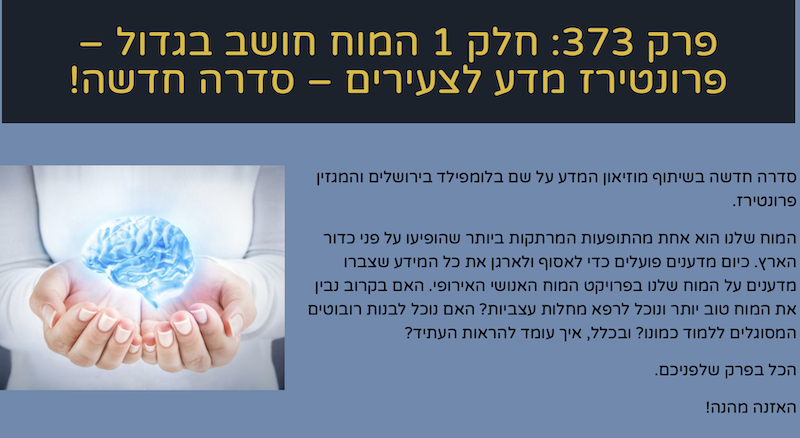
|
Neurons these aesthetic elementary microchips of the brain and their synapses change as they receive and transmit information. This enables us to learn and adapt to the complicated environment around us, have new ideas and create new "brain inspired" learning machines, Art and Science. A deep understanding of a computing and learning system such as our own brain requires understanding the computational and plastic functions of its basic components - the nerve cells, their synapses and the specific neuronal networks that they form. Our laboratory utilizes detailed computer simulations of detailed cortical circuits (as part of the Blue Brain Project), big data and machine learning approaches, and analytic methods to study the relationships between neurons' geometry, network connectivity/plasticity and network dynamics. A recent challenge at the lab. is to understand the unique properties of Human cortical neurons and cortical circuits, measured in fresh human tissue obtained following brain operations, and in close collaboration with several international groups (under the Cell Census NIH BRAIN Initiative).
|
כתב העת המקוון והחינמי ״פרונטירז-מדע לצעירים״ מיועד לקהלים צעירים, ומטרתו לאפשר לצעירים ולמדענים לעבוד יחד כדי
Frontiets for Young Minds לכתוב מאמרים מלהיבים על חזית המדע זוהי הגרסה בעברית של העיתון המדעי המצליח
(https://kids.frontiersin.org)
מדענים מובילים - כולל חתני פרס נובל מישראל - מוזמנים לכתוב על התגליות החדשניות שלהם בשפה נגישה לקוראים צעירים הצעירים (יחידים או כיתות) נותנים הערות והארות למחברי המאמרים ומציעים להם מהי הדרך הטובה ביותר לשפר את המאמרים לפני פרסומם. ראו האתר בעברית כאן
https://kids.frontiersin.org/he
ראו מאמר
מחקר המוח חושב בגדול
|
|
CASELLA PRIZE: The prize in memory of the italian neurophysiologist Cesare Casella has been awarded to Idan by the Almo Collegio Borromeo of Pavia.
Idan will give a "lectio magistralis" entitled "Brain in the computer: What did I learn from simulating the brain" at "Almo Collegio Borromeo" on the 22nd of May.
|
| Simulation Neuroscience |
About this course:
Learn how to digitally reconstruct a single neuron to better study the biological mechanisms of brain function, behaviour and disease.
Read more... |
| coursera: Synapses, Neurons and Brains |
About this course:
These are very unique times for brain research. The aperitif for the course will thus highlight the present "brain-excitements" worldwide. You will then become intimately acquainted with the operational principles of neuronal "life-ware" (synapses, neurons and the networks that they form) and..."
Read more... |
LAB PROJECTS
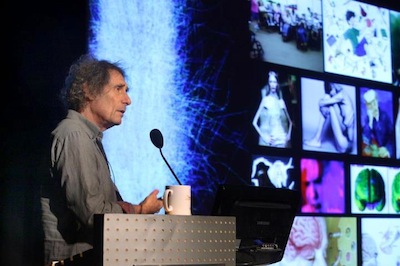
Synaptic learning and plasticity rules in nonlinear dendritic trees (the "biophysical perceptron") - New
Design principles and plasticity rules for synaptic inhibition in nonlinear dendrites with Elly Nedivi, MIT (New)
The role of nonlinear dendrites in processing of visual input (New)
Processing of visual and somatosensory information in realistic large scale cortical networks (with Henry Markram)
Applying "network science" to uncover innate structures (small world, motifs, hubs) in cortical circuits and understanding their role in learning - New
Modeling cortical neurons from Human neocortex following brain operations (with Ed Lein,Allen Inst., H. Mansvelder and C. de Kock, Amsterdam and J. DeFelipe, Madrid) - New
Signal processing in Olivary networks connected via gap junctions (with Y. Yarom) - New
Our Research is presently supported by generous grants from the
Human Brain Project,
Gatsby Charitable Foundation,
the ISF, the Blue Brain Project, NIH Cell Census Initiative and by Office of Naval Research.
Idan Segev Co-edited two books by MIT press:
Methods in Neuronal Modeling (with C. Koch) and
The Theoretical Foundation of Dendritic Function (with J. Rinzel and G. Shepherd).
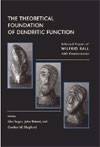
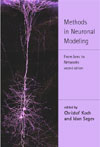
Augmenting Cognition Augmenting Cognition (Editors Idan Segev and Henry Markram). EPFL press
Brain And Art (Editors Idan Segev, Luis M. Martinez and Robert J. Zatorre) - Frontiers Research Topic, https://www.frontiersin.org/research-topics/104/brain-and-art
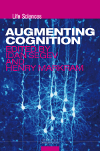
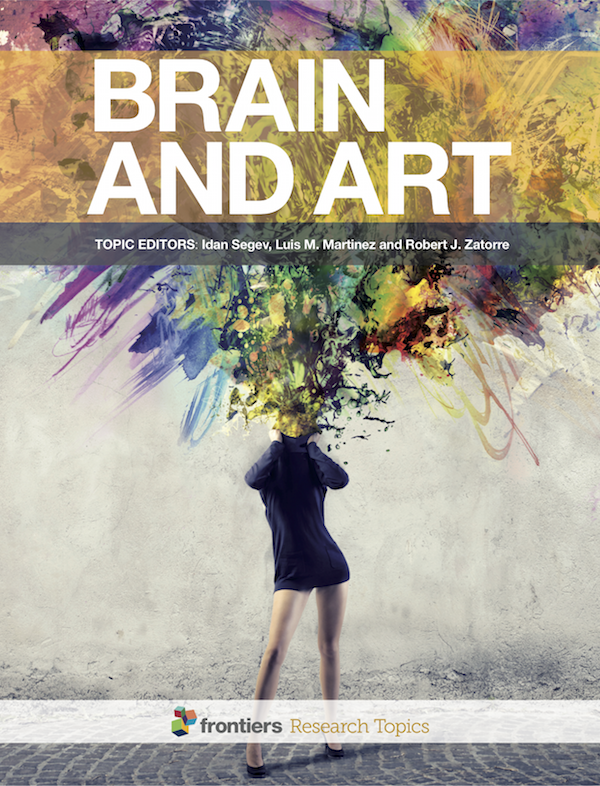
|


 Home
Home The Team
The Team Publications
Publications Collaborations
Collaborations Media
Media Frontiers for young minds
Frontiers for young minds Video & Pictures
Video & Pictures Courses
Courses News
News Events
Events Positions
Positions







